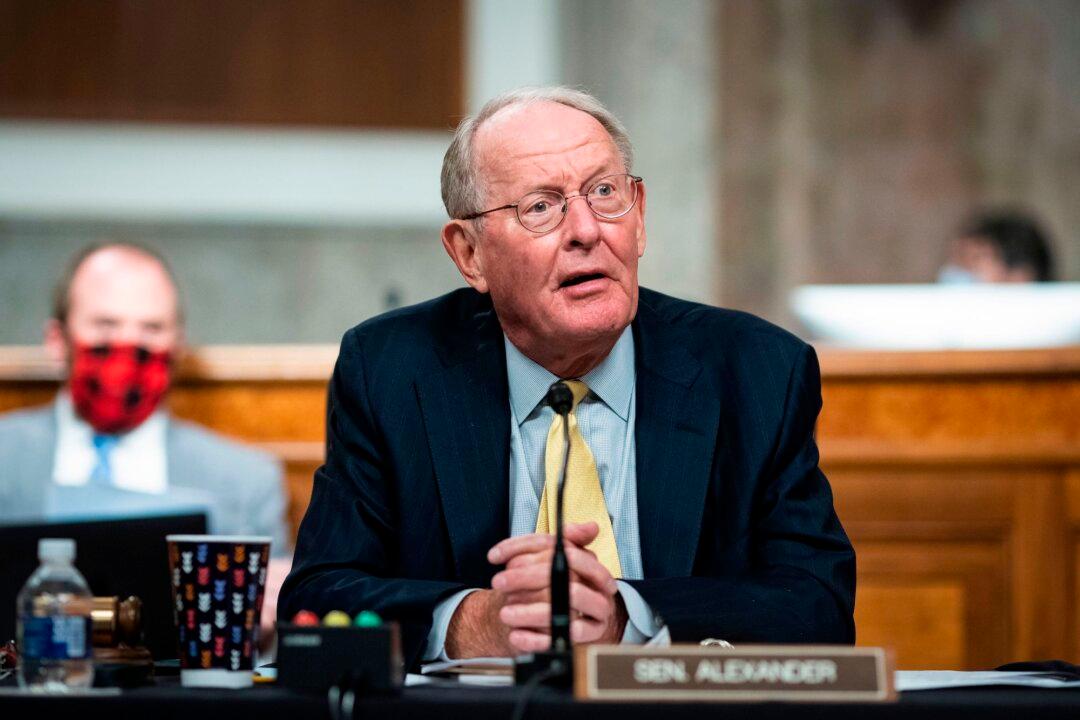Sen. Lamar Alexander (R-Tenn.), the top Republican in the Senate education committee, proposed Tuesday to excuse student loan borrowers with no income from making monthly payments.
Alexander, who is retiring from his chairman position at the end of the year, noted on the Senate floor that the six-month pause on federal student loan payments granted by the Congress through the CARES Act is coming to an end on Sept. 30.





